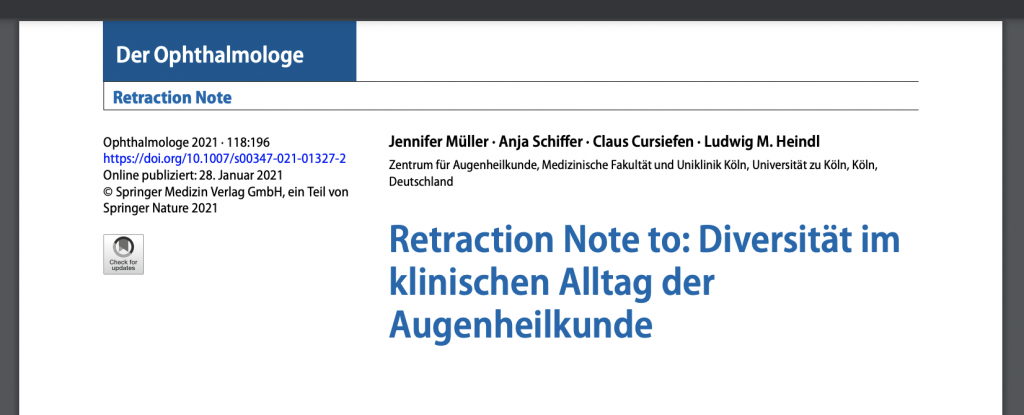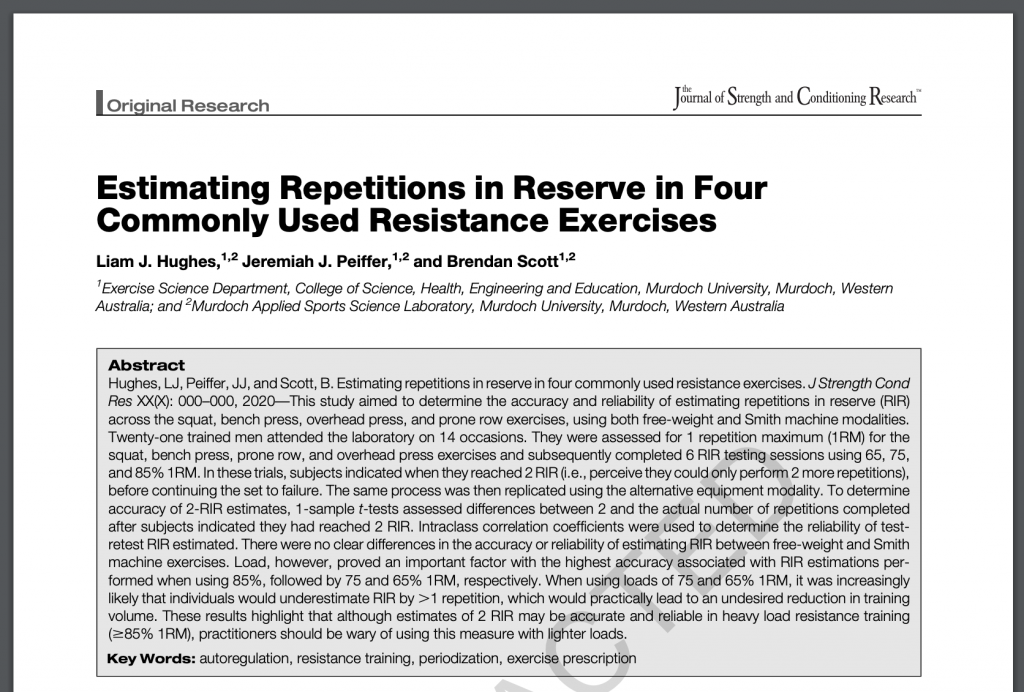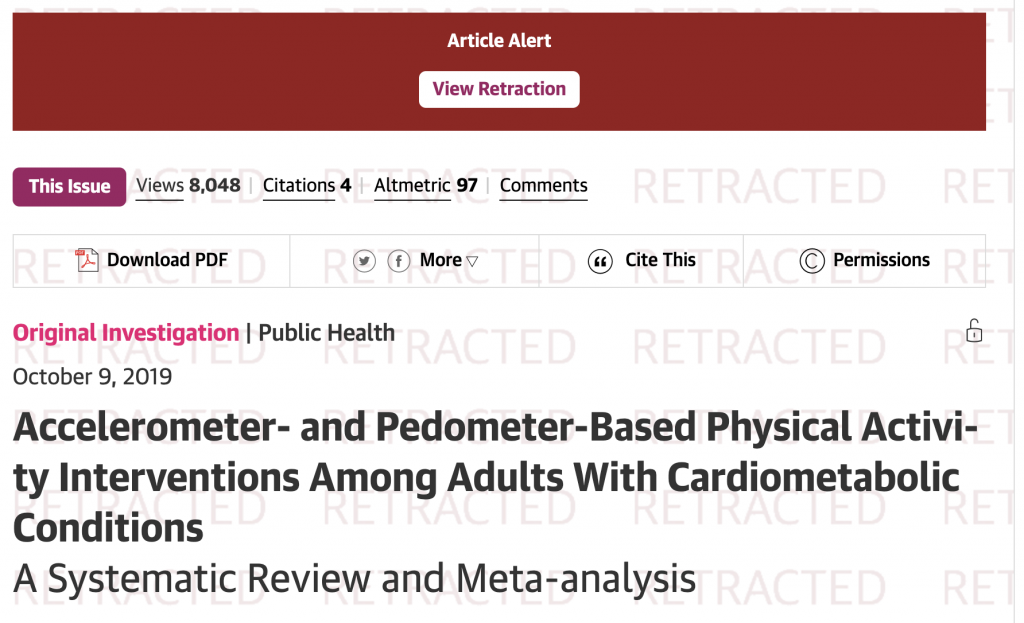A “miracle doctor” in China and his colleagues have lost a 2007 paper on the ability of the martial art qigong to treat cancer after the journal that published the work said it failed to properly vet the findings.
Well, the first part of that is true. The second part is implied. We’ll explain.
The paper, “External Qi of Yan Xin Qigong induces G2/M arrest and apoptosis of androgen-independent prostate cancer cells by inhibiting Akt and NF-B pathways,” appeared in December 2007 in Molecular and Cellular Biochemistry, a Springer Nature journal. It has been cited 20 times, according to Clarivate Analytics’ Web of Science.
The first author on the study was Yan Xin, whose biography states that he is a “miracle doctor” and one of the world’s experts in the healing properties of qi — the universal life force in traditional Chinese medicine and philosophy. His co-authors include researchers at Harvard, McMaster University in Canada, and the New Medical Science Research Institute in New York City.
Continue reading Journal retracts paper by ‘miracle doctor’ claiming life force kills cancer cells








